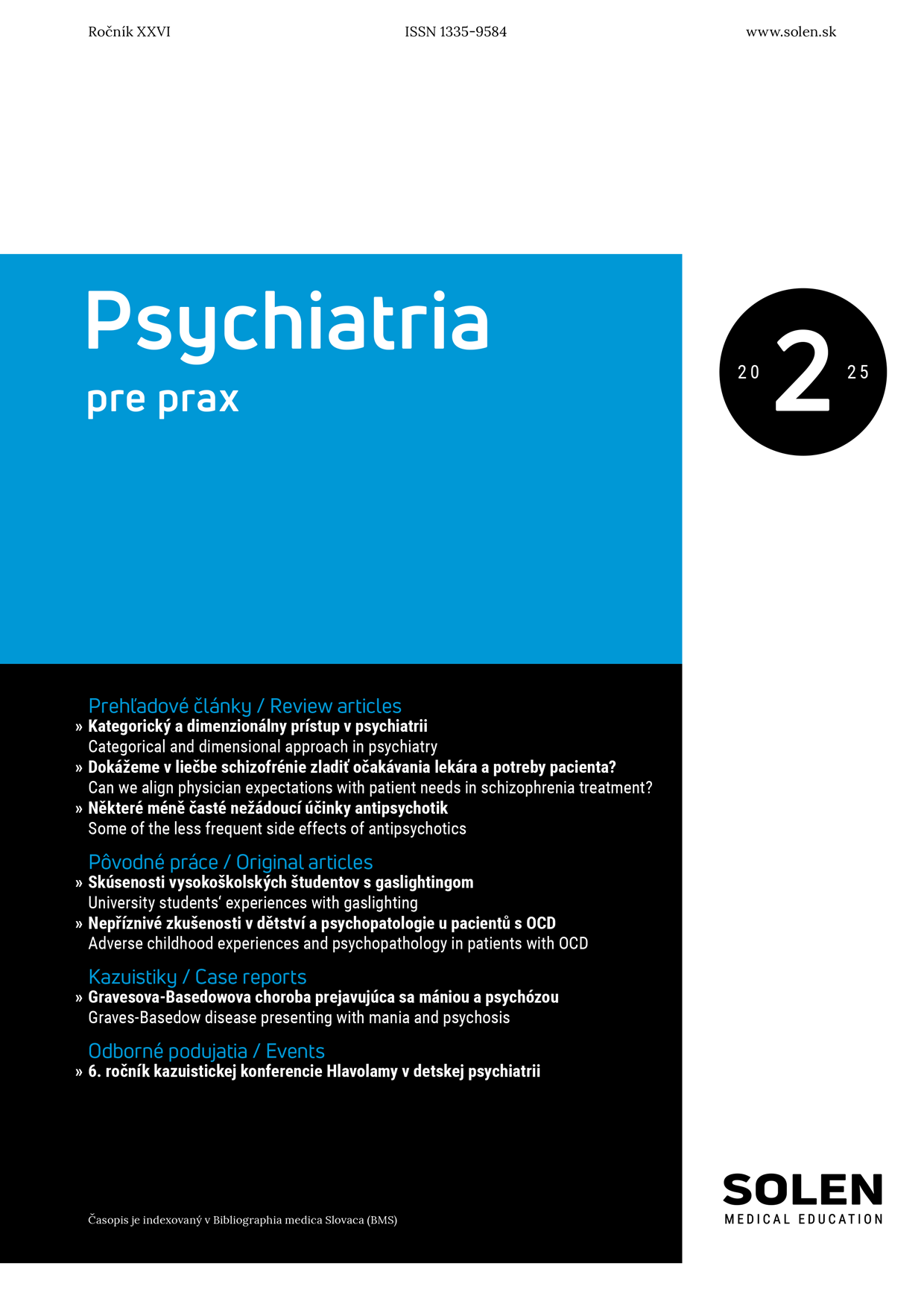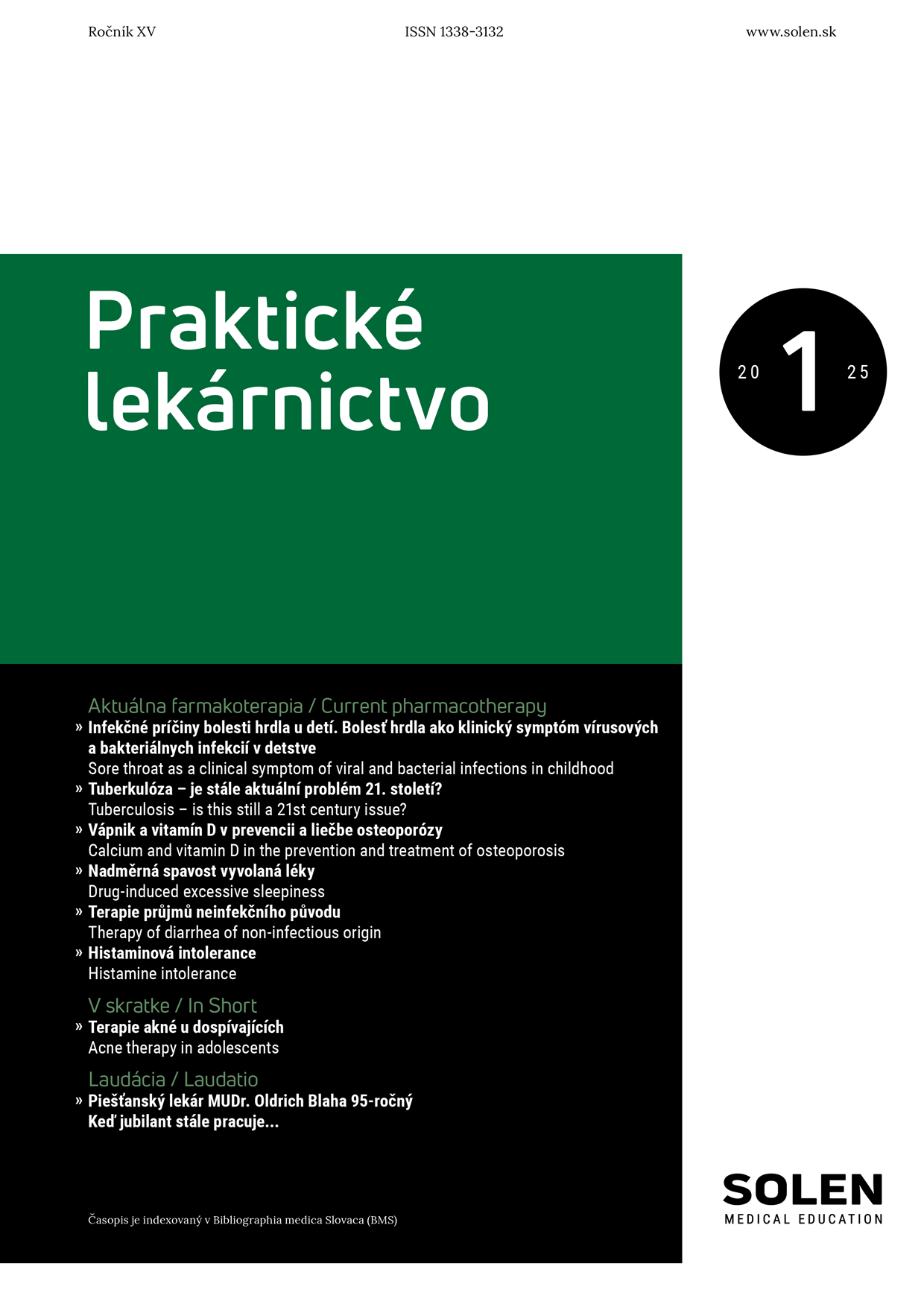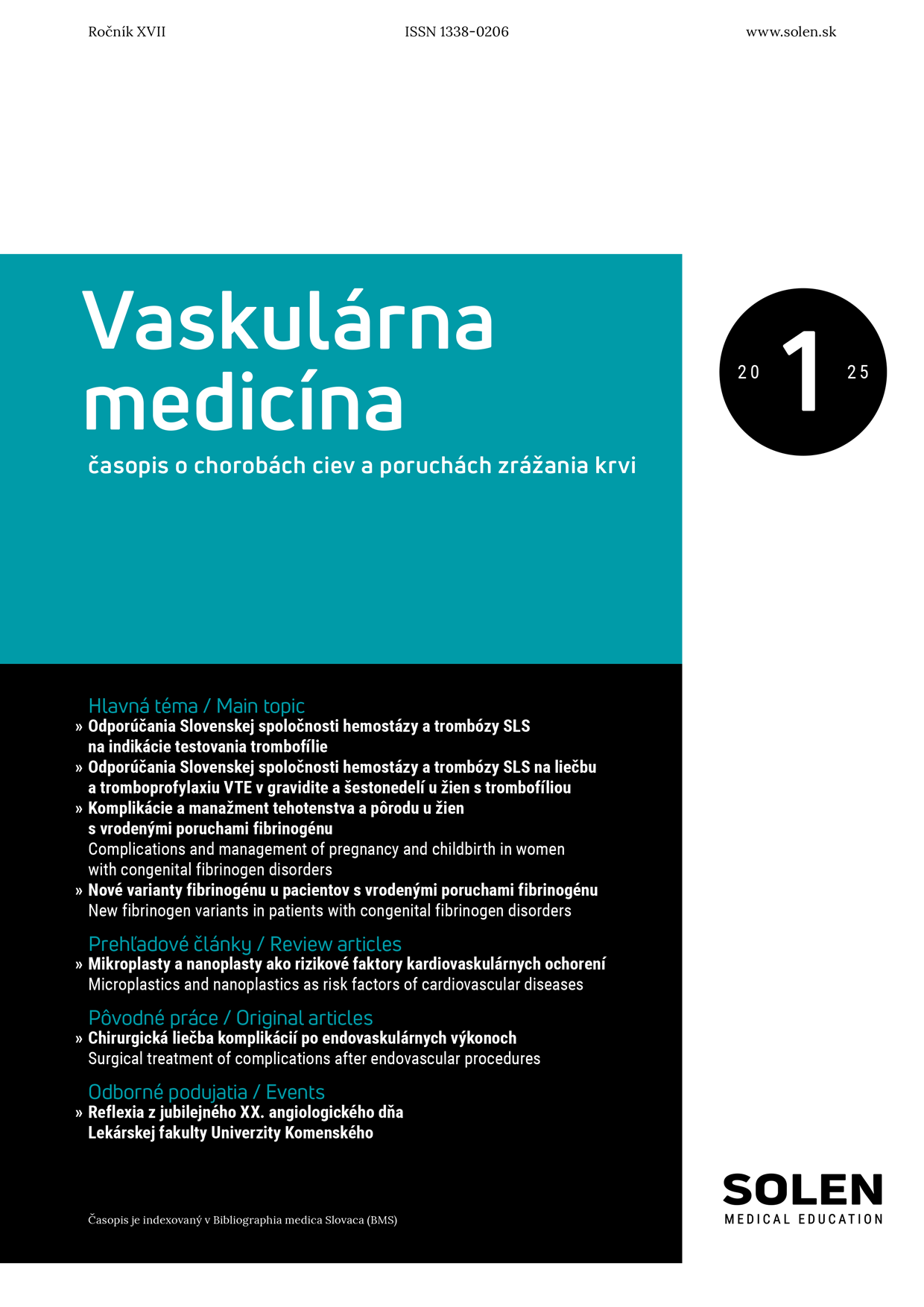Via practica 11/2007
THERAPY OF EXOCRINE PANCREATIC INSUFFICIENCY
The cause of exocrine pancreatic insufficiency is inadequate secretion of pancreatic enzymes or premature inactivation or inadequate activation in the bowel. The main cause is chronic pancreatitis and cystic fibrosis, other causes are rare. Reduction in pancreatic enzymes leads to pancreatics maldigestion – failure to split of nutrition, which is following by reduction of absorption of fat, protein and starch, fatsoluble vitamins (A,D,E,K) and vitamin B 12. Clinical manifestations of pancreatic malabsorption are weight loss, steatorrhea with diarrhea, azotorrhea, loss of serum albumin and proteins. Other symptoms of malabsorption are in exocrine pancreatic insufficiency rare. Treatment of exocrine pancreatic insufficiency consist of diet, nutritional support in some patients and pancreatic enzyme replacement therapy. Enzyme replacement is necessary only when daily fat excretion exceeds 15 g and/or the patients is losing weight and/or has diarrhea and/ or dyspeptic symptoms. The best form of pancreatic enzyme preparations are acidoresistant capsules with microspheres (to 2 mm). In majority of cases, doses 25 000 or 50 000 units of lipase taken three times daily (with each meal) lead to clinical improvement and reduction od steatorrhea (improvement of weigh and reduction in diarhea, abdominal pain and bloating). Failure to respond to pancreatic enzymes preparations may have different reasons: incorrect diagnosis, patient´s compliance (patient don´t take medication), incorrect prescription (inadequate dosis), incorrect choice of pancreatics enzyme preparations (inactivation by gastric acid, nonsimultaneous gastric emptying of pancreatic enzyme preparations with the food). In the future may improve treatment of steatorrhea a novel bacterial and fungal lipases, which are acid resistant.
Keywords: exocrine pancreatic inssufficiency, therapy.


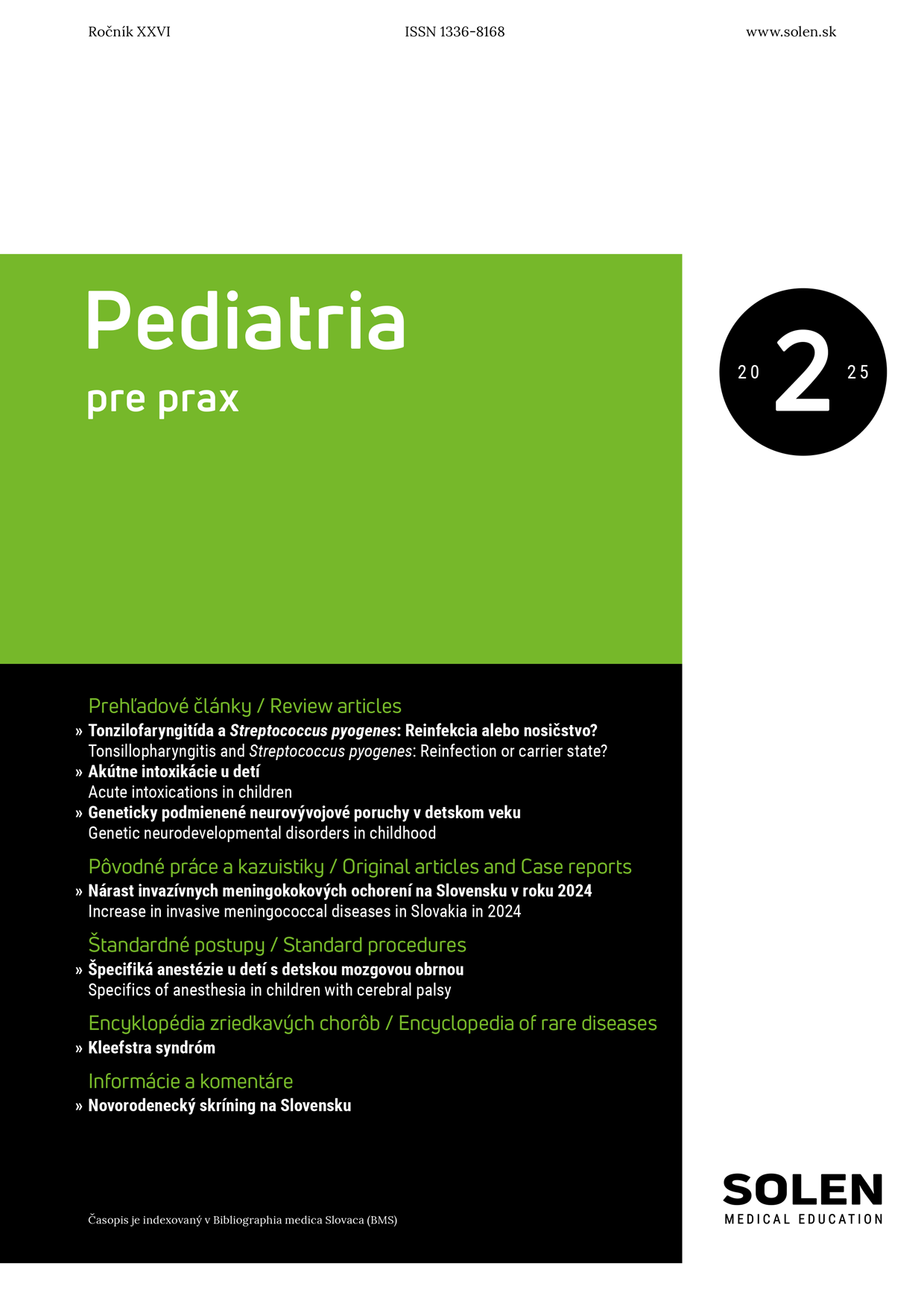
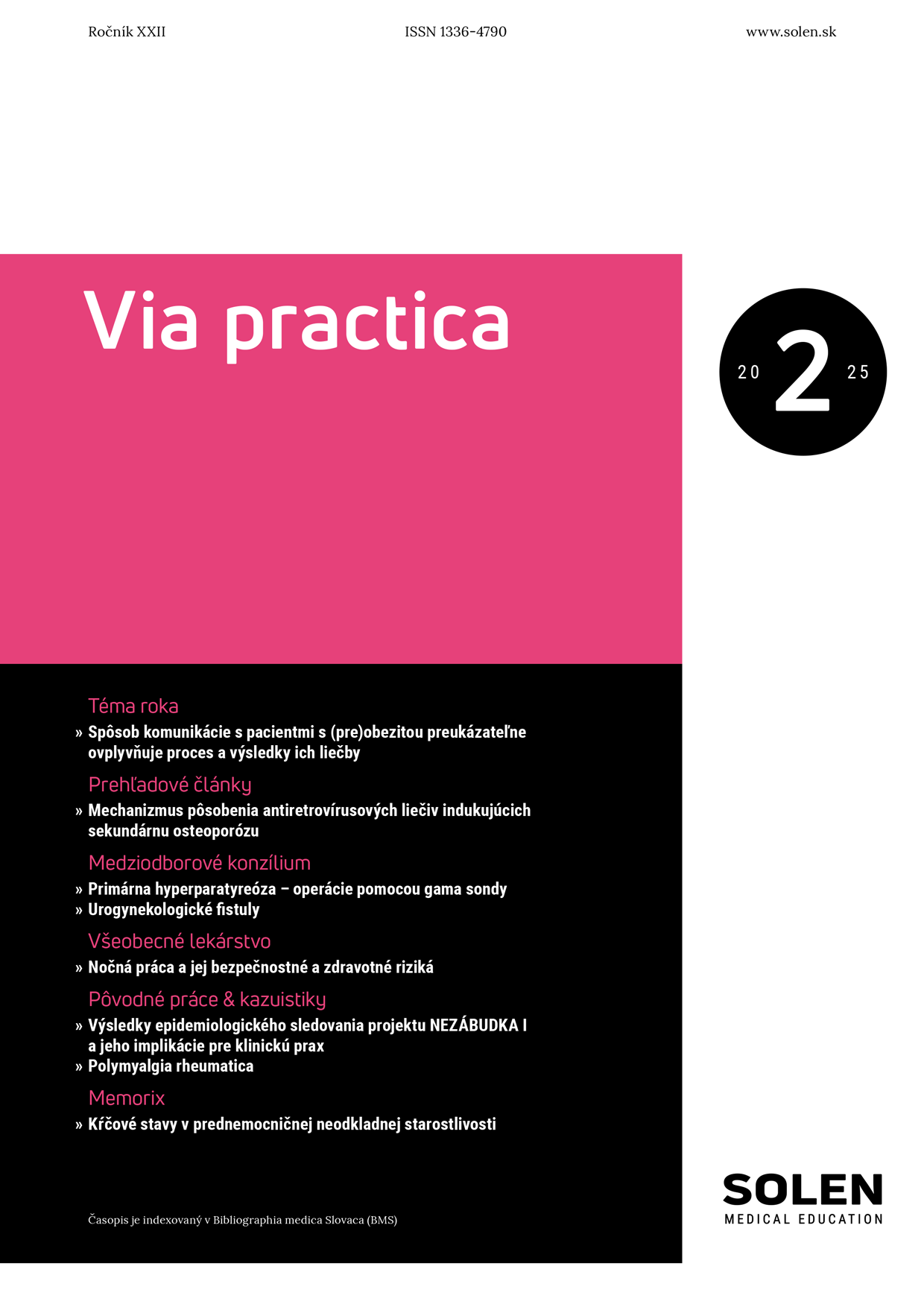
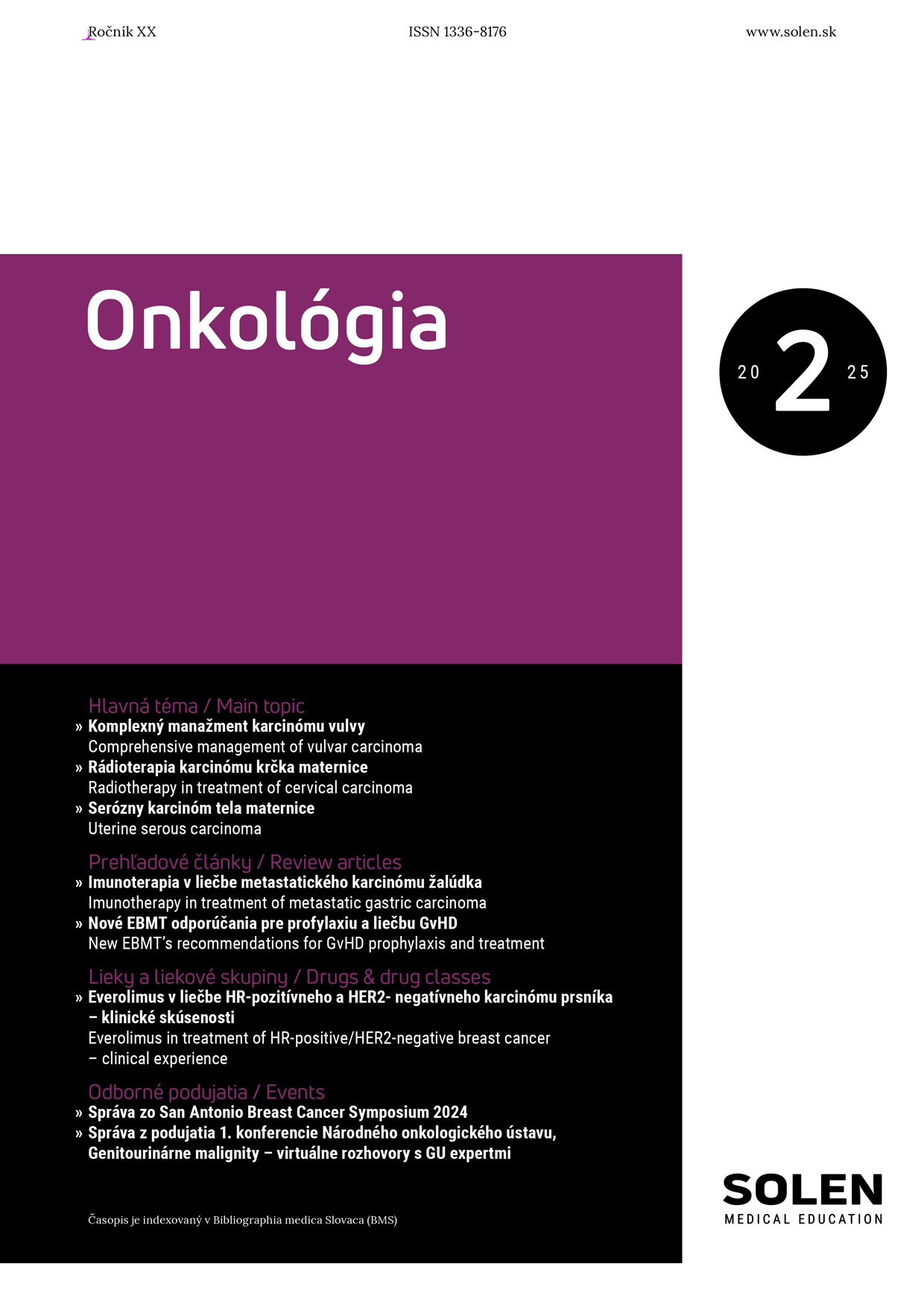
-1.png)
